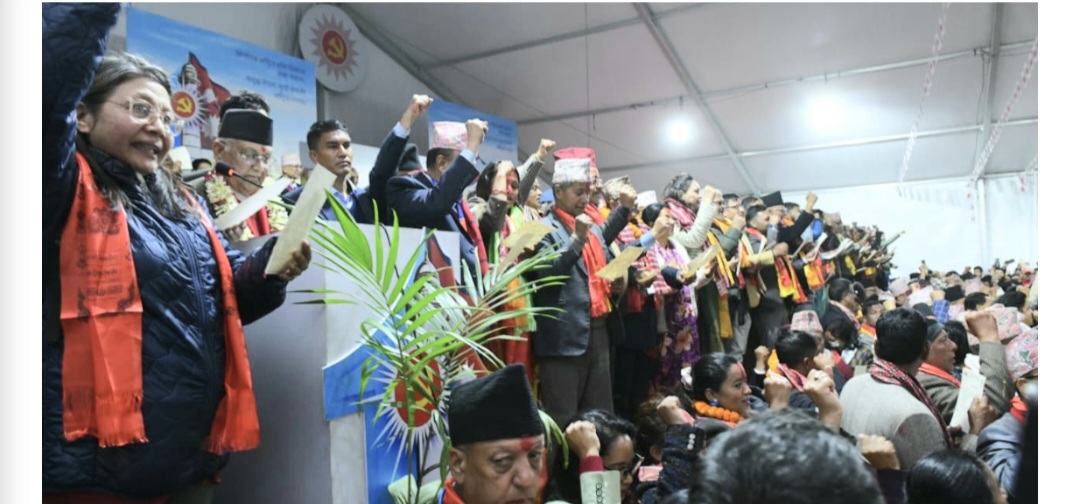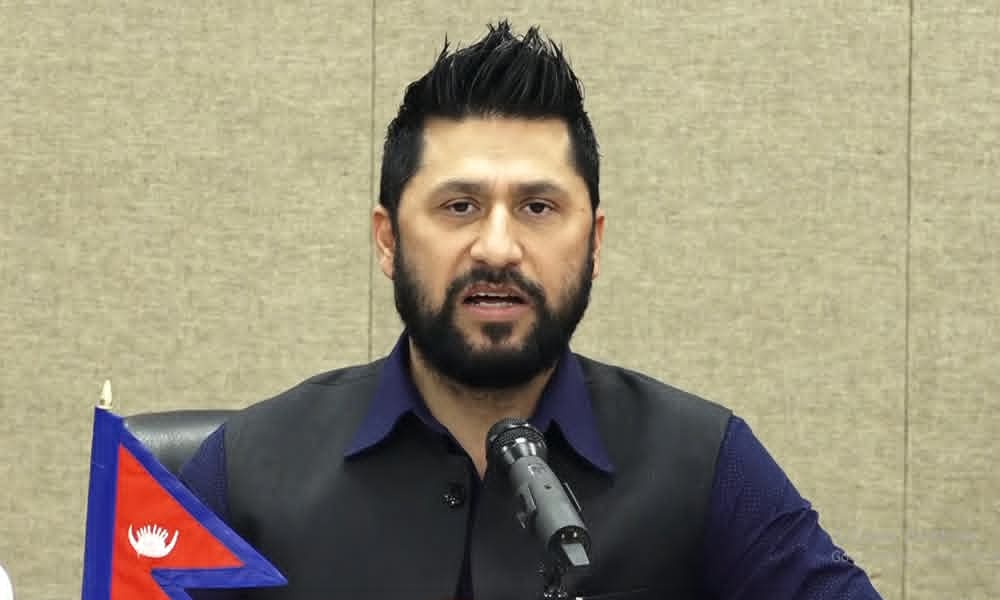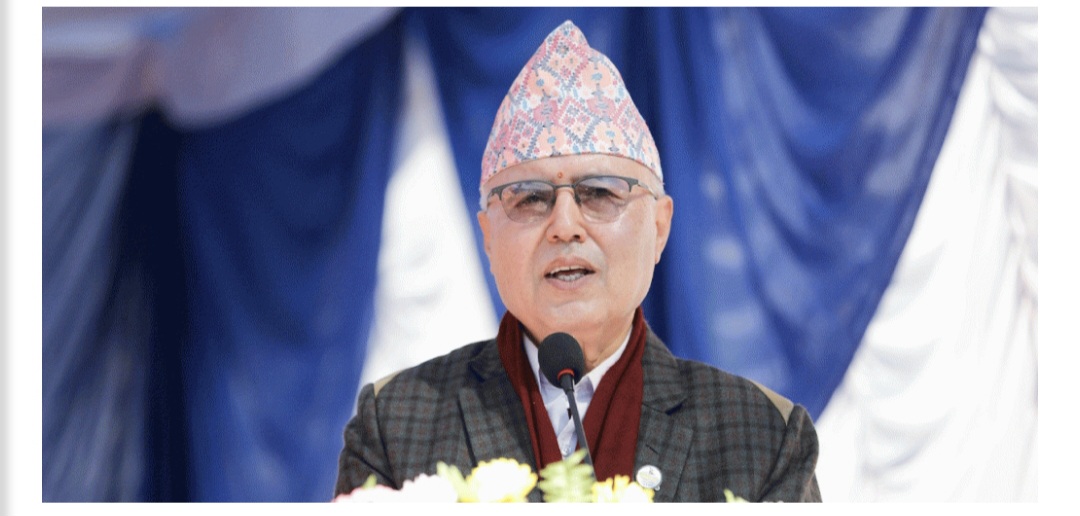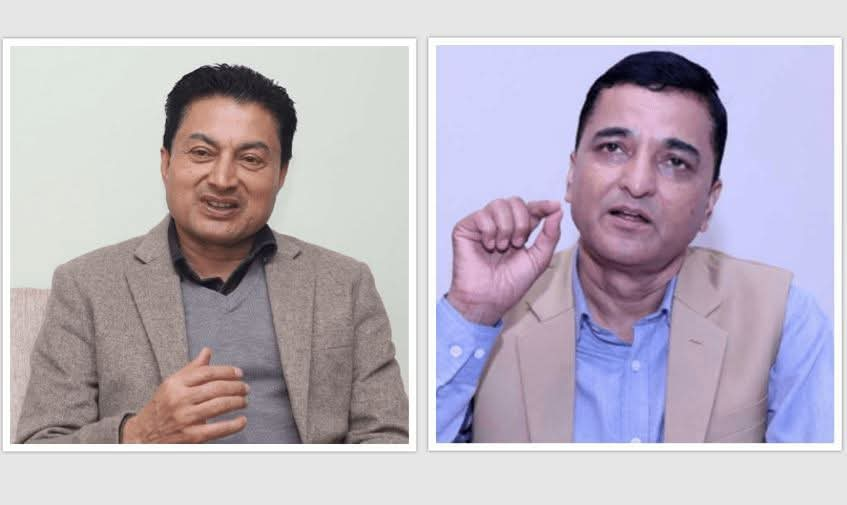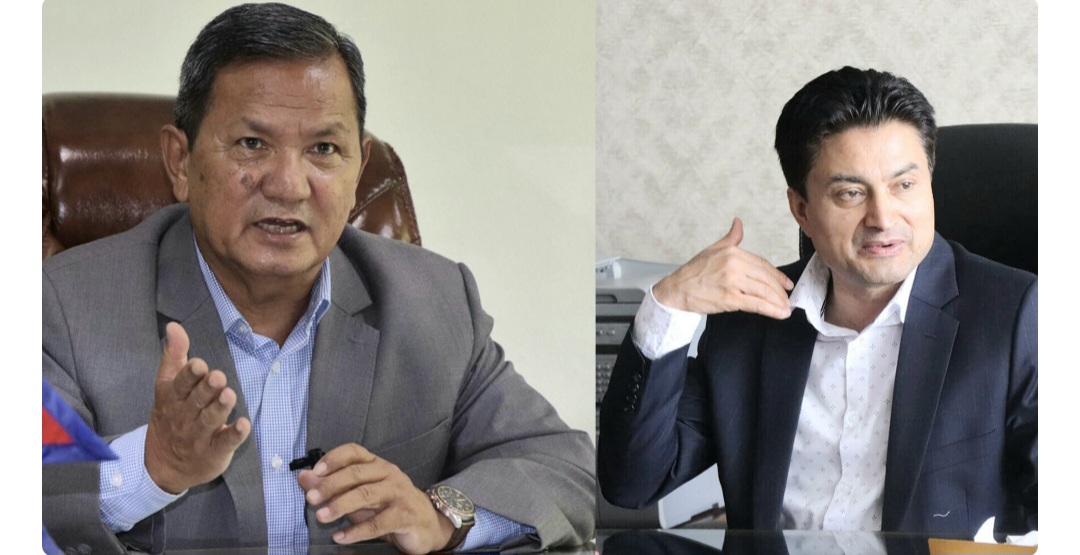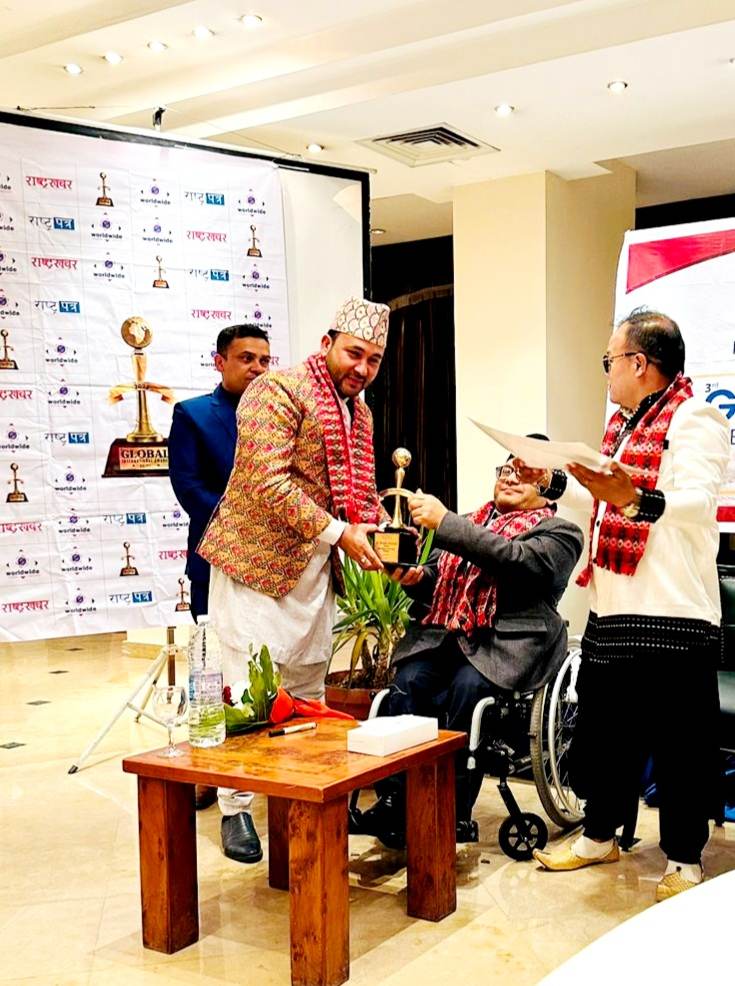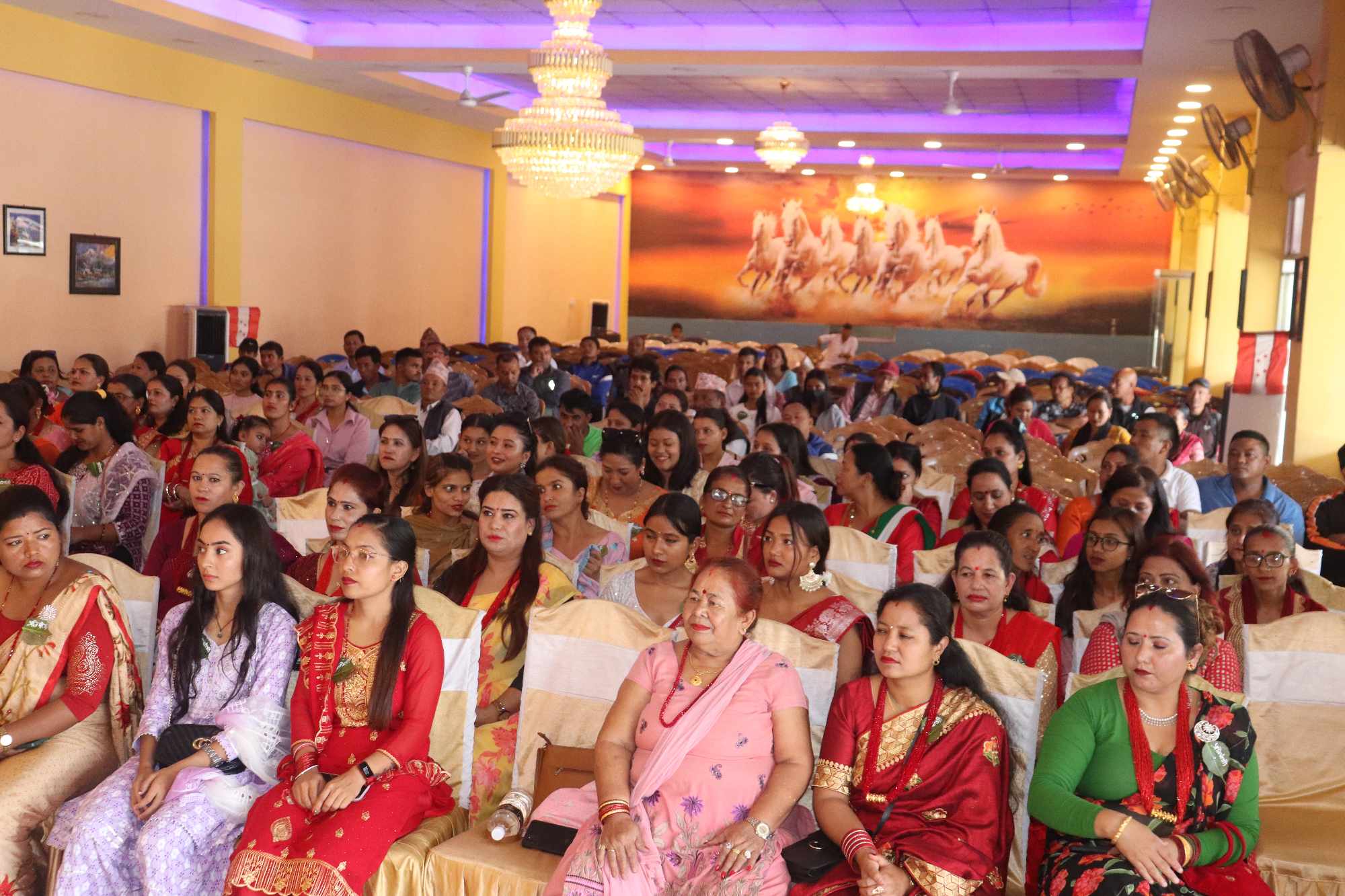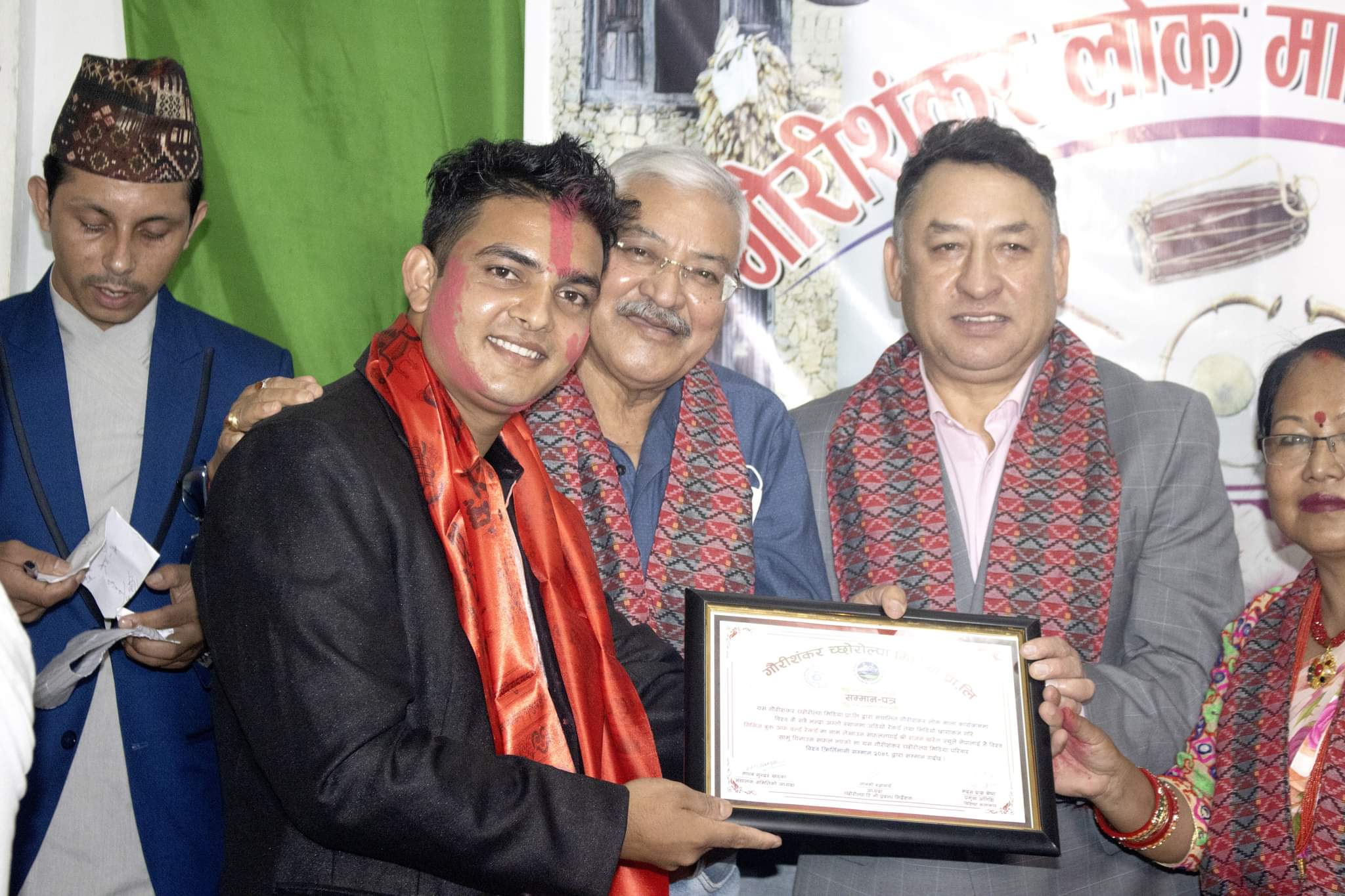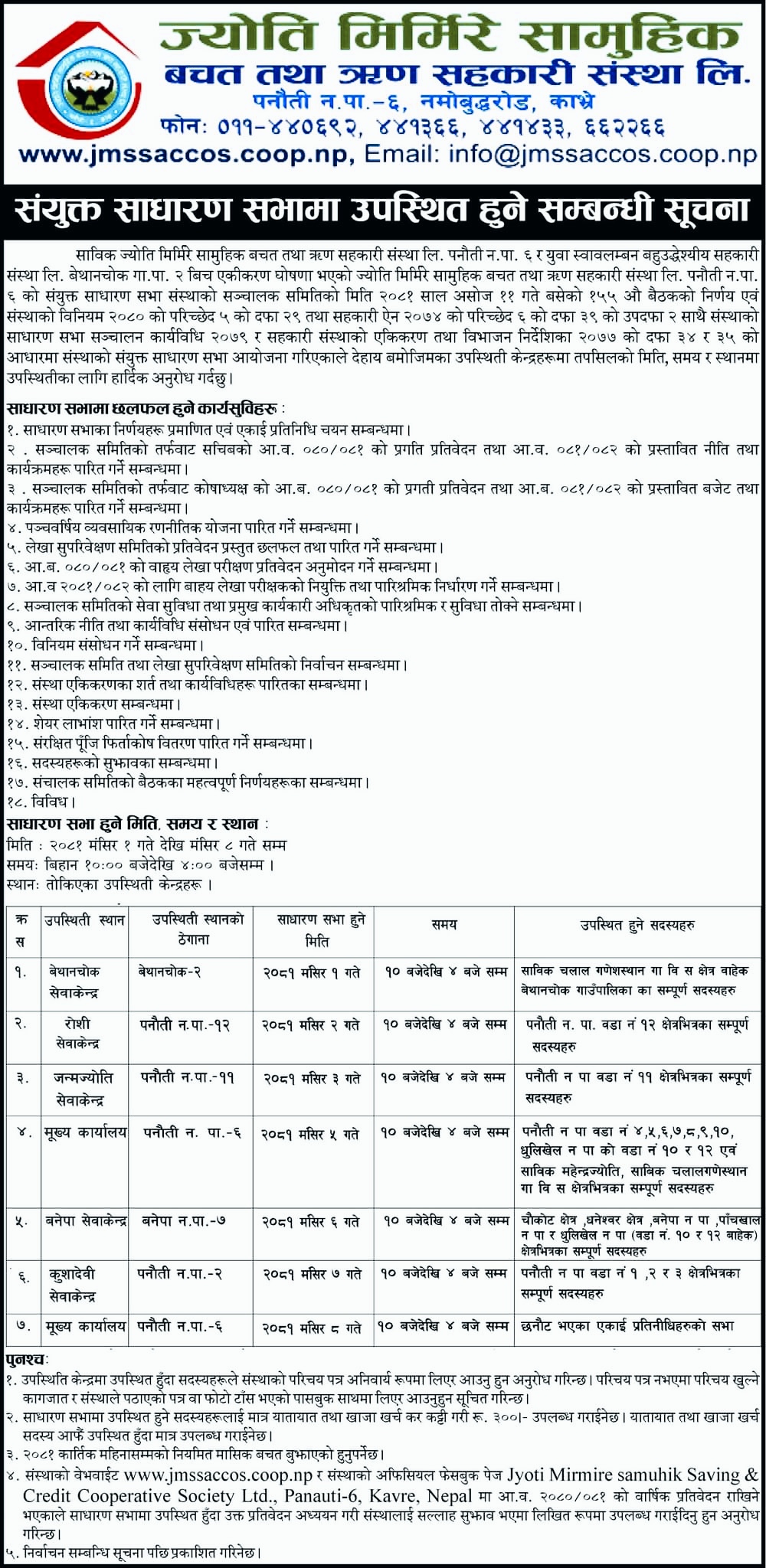

Uddhav D. Gajurel
अमेरिका – Freedom of speech भनेको कुनै पनि लोकतान्त्रिक समाजको मेरुदण्ड हो। यो अधिकारले नागरिकहरूलाई आफ्ना विचार खुला रूपमा व्यक्त गर्ने, सरकारलाई आलोचना गर्ने, र अन्यायको विरुद्ध बोल्ने अवसर दिन्छ। Universal Declaration of Human Rights (UDHR) को Article 19 ले free speech लाई मौलिक मानव अधिकार को रूपमा परिभाषित गरेको छ।

तर, पछिल्लो समय नेपालमा सामाजिक सञ्जाल र अनलाइन मिडिया मार्फत अभिव्यक्ति स्वतन्त्रता माथि कडाइ गरिँदैछ। The government has introduced new laws in the name of controlling misinformation, cybercrimes, and hate speech, तर यी कानुनहरू प्रायः censorship र आलोचनात्मक आवाज दबाउने हतियार को रूपमा प्रयोग भइरहेका छन्।

यस लेखमा, हामी अभिव्यक्ति स्वतन्त्रताको महत्त्व, यसको लोकतन्त्रमा भूमिका, र नेपाल सरकारले कसरी digital platforms लाई नियन्त्रित गर्न खोज्दैछ भन्ने विषयमा विस्तृत रूपमा चर्चा गर्नेछौं।


अभिव्यक्ति स्वतन्त्रताको महत्त्व (The Importance of Free Speech)
अभिव्यक्ति स्वतन्त्रता किन आवश्यक छ? Why is it considered the foundation of democracy and human rights?
१. लोकतन्त्रको आधारशिला (Pillar of Democracy)
Democracy cannot function properly if people are not allowed to express their opinions. कुनै पनि सशक्त लोकतान्त्रिक समाजमा जनताको विचार व्यक्त गर्ने स्वतन्त्रता अनिवार्य हुन्छ। If governments restrict speech, accountability ends, corruption rises, and authoritarianism strengthens।
For example, Western democracies जस्तै United States, United Kingdom, र European Union मा अभिव्यक्ति स्वतन्त्रताले government transparency, press freedom, and individual liberty लाई सुनिश्चित गरेको छ।
तर, authoritarian regimes जस्तै North Korea, China, र Russia मा सत्ता टिकाइराख्न free speech दबाइन्छ। Sadly, Nepal is showing signs of moving towards increased censorship।
२. मानव अधिकारको सुरक्षा (Protection of Human Rights)
Human rights violations are often exposed due to freedom of speech। जब नागरिकहरू स्वतन्त्र रूपमा बोल्न सक्छन्, they can report injustices, challenge government actions, and advocate for social change।
नेपालमा पनि विभिन्न आन्दोलनहरू – जस्तै लोकतन्त्र पुनःस्थापना आन्दोलन (1990) र जनआन्दोलन (2006) – free speech को शक्तिशाली उदाहरण हुन्। If people were not allowed to protest and speak out, Nepal might still be under monarchy rule today।
तर, वर्तमान अवस्थामा नयाँ कानुनी व्यवस्थाहरूले डिजिटल स्वतन्त्रता घटाउँदैछन्, which threatens the progress Nepal has made.
नेपालमा अभिव्यक्ति स्वतन्त्रता माथिको खतरा (Threats to Free Speech in Nepal)
१. साइबर कानुनको कडाइ (Stricter Cyber Laws)
Nepalese government ले पछिल्ला केही वर्षहरूमा Cybercrime कानून लाई कडा बनाउँदै आएको छ। While tackling online crimes is necessary, many of these laws are vaguely defined and used to silence critics।
For example, Electronic Transactions Act (ETA) 2006 was originally meant to regulate online business activities, तर अहिले यो सामाजिक सञ्जालमा आलोचना गर्नेहरूलाई पक्राउ गर्न प्रयोग भइरहेको छ।
2019 मा comedian Pranesh Gautam लाई YouTube मा फिल्मको समीक्षा गरेको कारण arrest गरिएको थियो। यस्तो प्रवृत्तिले digital rights माथि गम्भीर असर पार्छ।
२. सामाजिक सञ्जाल नियन्त्रणको प्रयास (Control Over Social Media)
Facebook, Twitter, TikTok जस्ता platforms अहिले लोकप्रिय राजनीतिक बहसका केन्द्र बनेका छन्। But the Nepalese government is trying to regulate and censor social media through new policies।
2023 मा सरकारले Social Media Regulation Bill को प्रस्ताव राख्यो, जसले सरकारको अनुमति बिना social media platform दर्ता गर्न नपाउने व्यवस्था ल्याएको थियो। यो कानून लागू भएमा, it would give the government enormous control over online speech।
३. पत्रकार तथा अभियन्ताहरू माथि दमन (Crackdown on Journalists and Activists)
Press freedom पनि धम्किमा परेको छ। According to Reporters Without Borders, Nepal is gradually sliding down in the World Press Freedom Index।
• 2021 मा पत्रकार Arjun Giri लाई एउटा corruption report लेखेको कारण पक्राउ गरिएको थियो।
• 2022 मा civil rights activist Balen Shah ले आफ्नो अभिव्यक्ति स्वतन्त्रता प्रयोग गर्दा सरकारी दबाबको सामना गर्नुपर्यो।
यी घटनाहरूले self-censorship बढाउने सम्भावना बढाउँछ। When journalists and citizens fear legal action, they hesitate to speak against corruption and injustice।
नेपालले के सिक्नुपर्छ? (What Should Nepal Learn?)
१. अन्तर्राष्ट्रिय दृष्टान्त (International Examples)
Nepal can learn from countries where freedom of speech is protected while maintaining responsible digital regulations।
• United States: First Amendment ले absolute freedom of speech ग्यारेन्टी गर्छ, तर hate speech र incitement लाई सीमित गर्छ।
• Germany: Hate speech र गलत सूचना रोक्न कडा कानून छ, तर सरकार आलोचनालाई दबाउने प्रयास गर्दैन।
Nepal ले balance कायम राख्न आवश्यक छ – cybercrime नियन्त्रण गर्ने तर नागरिक स्वतन्त्रता सुनिश्चित गर्ने।
२. कानुनी सुधार (Legal Reforms Needed)
Instead of misusing cyber laws for political gain, the government should:
• Clearly define what constitutes misinformation and hate speech।
• Guarantee social media freedom while tackling legitimate cyber threats।
• Strengthen independent media and protect whistleblowers।
३. नागरिक सचेतना (Public Awareness)
अन्ततः, जनताले पनि अभिव्यक्ति स्वतन्त्रताको अधिकारको रक्षा गर्न सक्रिय भूमिका खेल्नुपर्छ। If people remain silent when digital freedom is threatened, government crackdowns will only get worse।
• Social media activism बढाउनु पर्छ।
• Independent journalism लाई समर्थन गर्नुपर्छ।
• Legal awareness बढाउनु पर्छ ताकि गलत कानुनहरूको विरोध गर्न सकियोस।
निष्कर्ष (Conclusion)
Freedom of speech is a non-negotiable human right। लोकतन्त्रलाई जीवित राख्न यो अत्यन्त आवश्यक छ।
तर नेपालमा नयाँ कानुनी दमन, साइबर नियमहरूको कडाइ, र सामाजिक सञ्जाल नियन्त्रण ले जनताको अभिव्यक्ति स्वतन्त्रतामा गम्भीर खतरा ल्याइरहेको छ।
The government must stop using laws to suppress critics and instead focus on genuine digital reforms। At the same time, citizens must remain vigilant and fight for their rights।
If Nepal does not take action soon, it risks slipping into a digital dictatorship where free speech is just an illusion।
अभिव्यक्ति स्वतन्त्रता गुमाएपछि, लोकतन्त्र गुम्न धेरै समय लाग्दैन।



